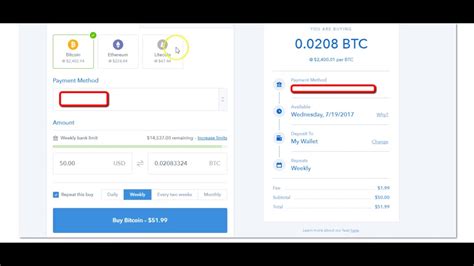بلاگ
Ethereum: How could recurring payments be implemented?
How recurring payments can revolutionize the way we shop and pay
Recurring payments have been gained in popularity in recent years, and more and more people turned to digital wallets such as Apple Pay and Google Pay to carry out everyday transactions. However, traditional payment methods are often lacking seamless and comfortable experience, which leads to missed payments and frustrations. The blockchain technology from Ethereum offers a promising solution for recurring payments with which users can manage their regular expenses secret and efficiently.
What is recurring payment?

In simple terms, recurring payments refer to the process of automatic withdrawal from fund from its account according to a regular schedule, usually month or too independent. This can include the payment of invoices, subscriptions and other regular services. The advantages of recurring payments are numerous: they have the risk of missing payments, time and effort to save and be calmed down.
How can Ethereum implement recurring payments?
The decentralized platform from Ethereum is suitable for the implementation of recurring payment systems through yours: the following:
- Smart Contracts : The intelligent contract architecture of Ethereum enables developers to create self -contracts with the conditions of the contractual terms that are written directly in code lines. In this way, users can automate payment plans and reduce errors.
- Decentralized stock exchanges (Dexs) : Dexs enable users to buy, sell and manage cryptocurrencies without relying on centralized stock exchanges. They offer a secure and transparent platform for recurring payments.
- token-based payment systems
: The Ethereum’s token economy enables the creation of digital assets that can represent different types of transactions, including recurring payments.
Key components of a recurring payment system based in Ethereum
- Smart Contract : A self -contract contract that automates the payment plans and conditions.
- ERC-20-token : Standard token that are used to display various cryptocurrencies, which makes it easy to create new token-based systems.
- Blockchain network : The Ethereum network offers a secure and transparent platform for transactions to ensure the integrity of recurring payments.
Advantages of a recurring payment system based in Ethereum
- Convenience : Users can set up recurring payments with minimal effort and eliminate the need to manually update their accounts.
- Safety : Smart contracts and Dexs ensure that the means of the users are protected safely and from unauthorized access.
- Flexibility : Users can adapt their payment plans and conditions with ERC 20 tokens.
Examples in the real world of Ethereum-based recurring payment systems **
- Tunable : A mobile app with which users can set up recurring payments for everyday expenses such as rent or subscription services.
- Chime : A digital bank that offers a user -friendly platform for setting up recurring payments and administrative accounts.
Diploma
Ethereum’s decentralized architecture and token-based payment systems make it an ideal choice for the implementation of recurring payment solutions. With the focus on safety, convenience and flexibility, Ethereum can revolutionize the way we manage our financial and online purchases. Since the introduction of blockchain technology continues to grow, it will be exciting to see more innovative applications that do justice to the needs of consumers.
Future development:
* Integration into existing items : Development of integration features between popular wallets and recurring payment platforms.
* TOKEN STANDARDITIONS : Create standardized ERC 20 tokens for various cryptocurrencies, so it is easier to create new token-based systems.
* Smart Contract Auditing : Creating Audit Trails to ensure the security of intelligent contracts in recurring payment systems.
